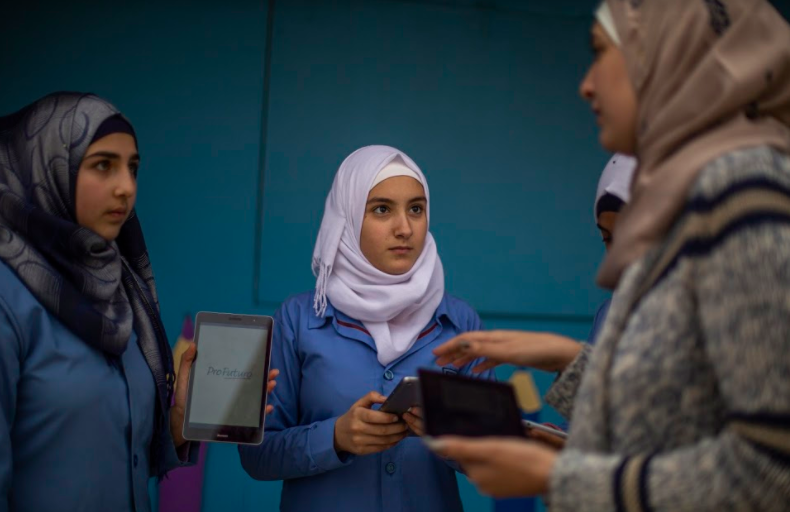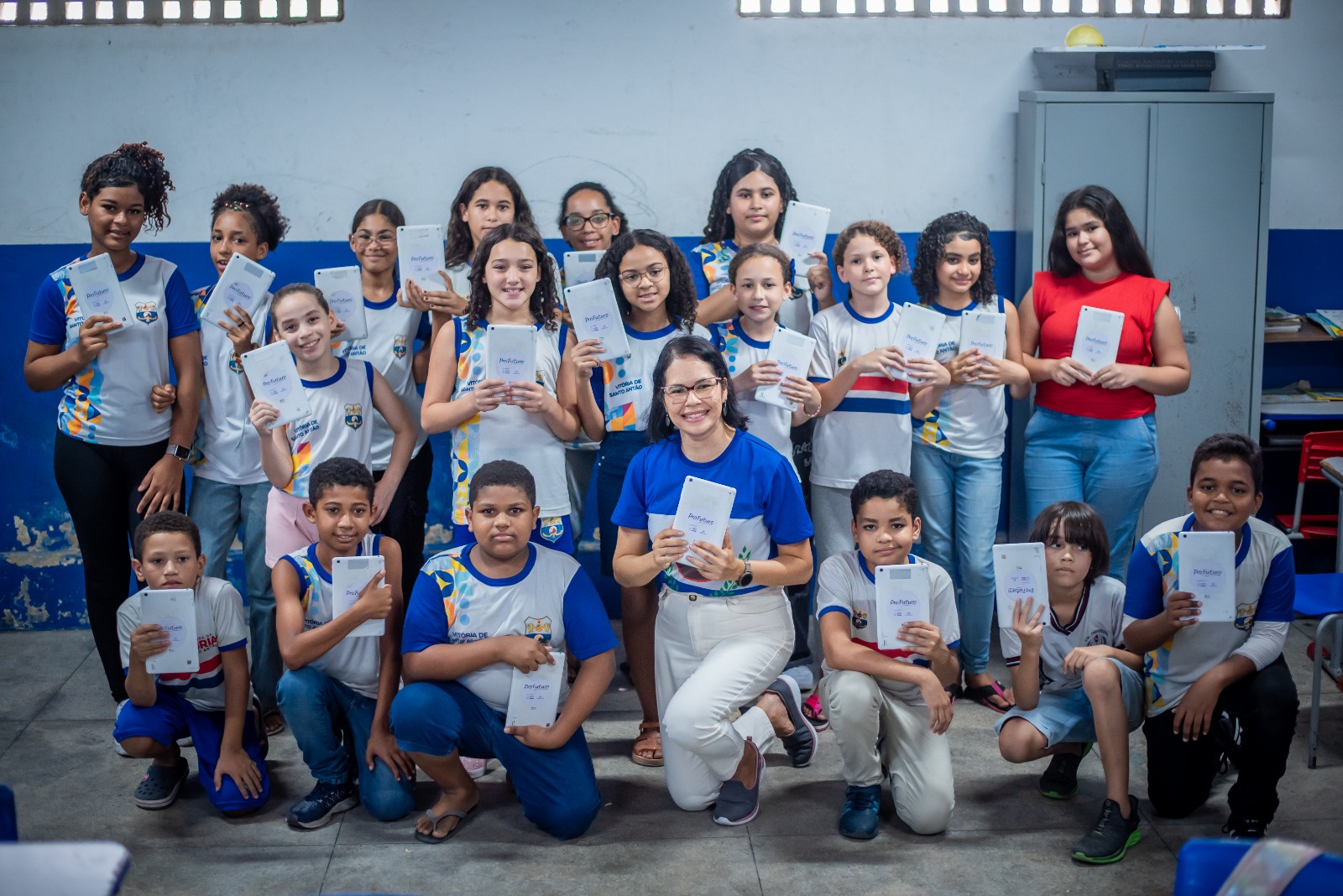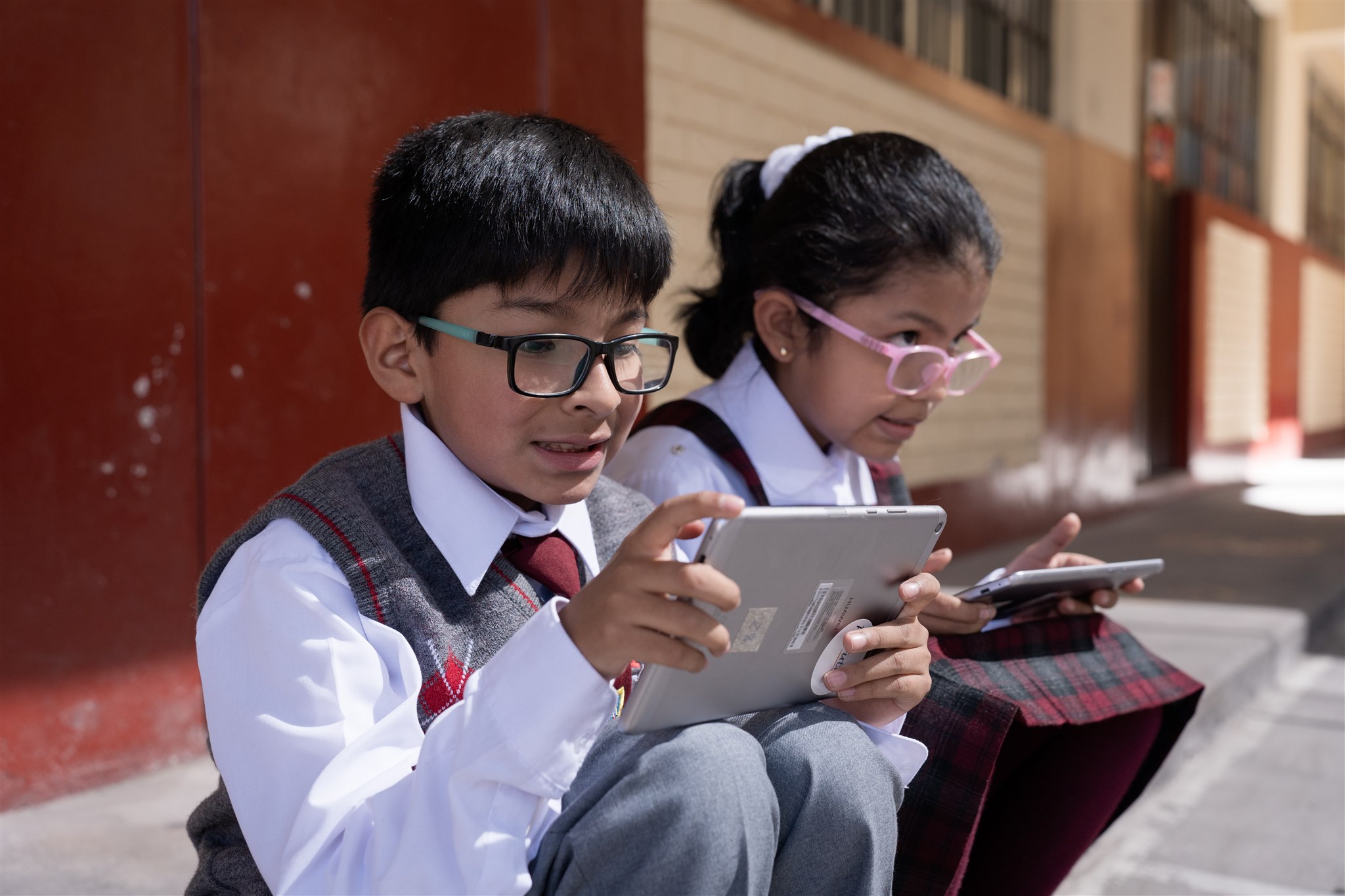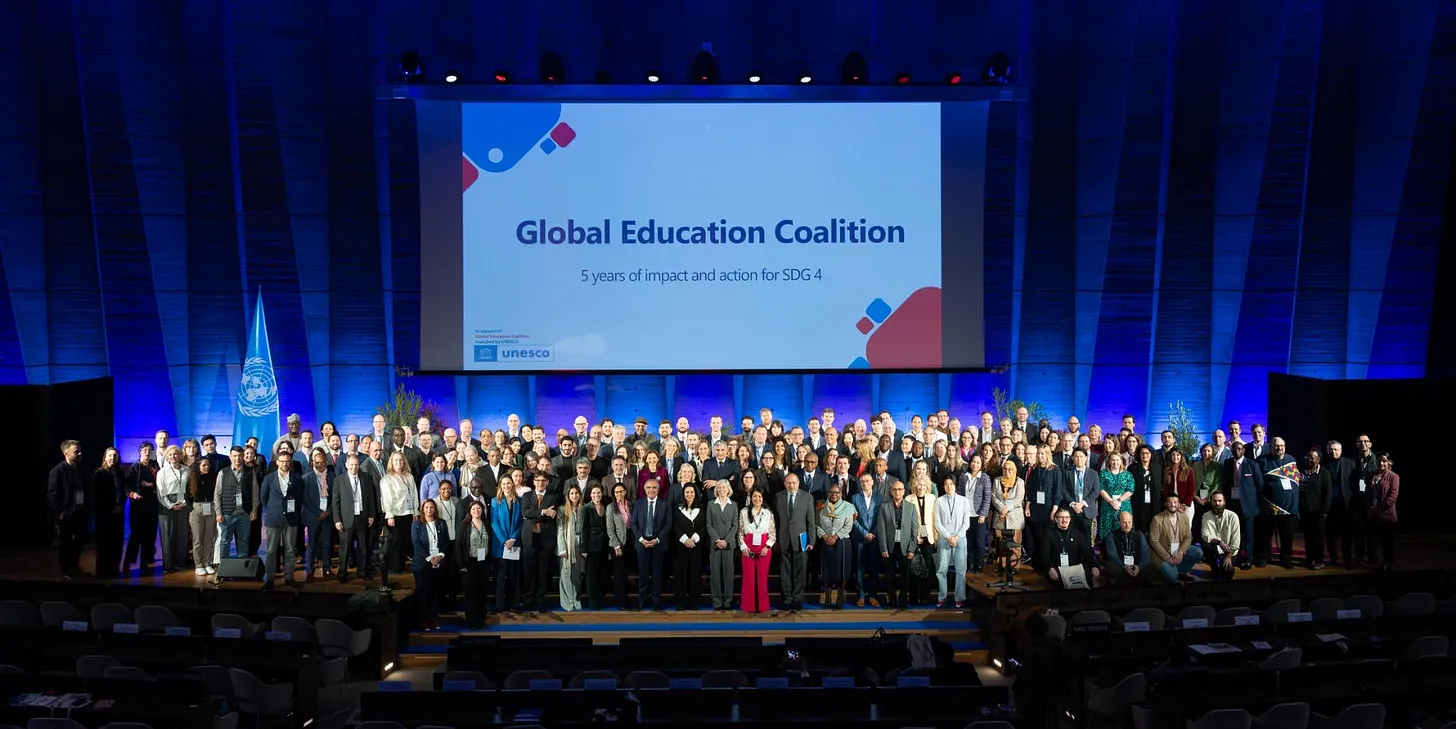In order for quality learning to take place in a refugee context, certain aspects must be covered, such as the psychosocial well-being of children and the fact that they are able to study in a safe environment. Therefore, our model for refugees is based on the standards established by the Inter-agency Network for Education in Emergencies (INEE), with the following objectives:
- Arranging for access to a safe place for learning while providing an adequate educational and health infrastructure and materials, in addition to food security.
- Improving the quality of education by introducing technology.
- Strengthening resilience through the psychosocial support of children, teachers and families.
To achieve this holistic approach, we work in coalition with different agents, governments, NGOs, educational experts and other institutions, which help us to complement ProFuturo’s Digital Education Framework through these additional components.
Today we are implementing our model for refugees in Lebanon, Malawi and Jordan.
Lebanon, Malaui and Jordania
Lebanon was the first country where we implemented this model of educational intervention. We began in 2017 with a pilot project at a backup school located in Bourj Hammoud, a neighbourhood in the outskirts of the capital, Beirut. Managed by the Jesuit Refugee Service (JRS), the centre handles Syrian refugees who are already registered in the Lebanese public education system, in which the language and curriculum are different from their country of origin. Outside of school hours, we offer pedagogical support to students, mainly in languages (French and English) and support with homework.
In 2018 we also began working in the Beqaa Valley, located a few kilometres from the border with Syria, where the majority of the informal Syrian refugee settlements have been set up. In cooperation with the Kayany Foundation and the American University of Beirut (AUB), our programme is implemented at 14 learning centres managed by several NGOs to cover the educational needs of children who, in the majority of cases, do not have access to regulated education.
In 2019, we began working at the Dzaleka refugee camp, located 30 kilometres from the capital of Malawi. The camp houses approximately 40,000 people, the majority coming from the neighbouring Democratic Republic of the Congo.
In cooperation with the Jesuit Refugee Service (JRS), we implemented the programme at the only primary school that exists in the refugee camp, where about 4,000 students study. We provide technological equipment, and through teacher training and innovative teaching methodologies, we help students in the third and fifth grades to reinforce their knowledge in subjects such as mathematics and English during school hours. Moreover, in two rooms next to the school, built recently by the NGO, Manos Unidas, we provide students with digital content and interactive materials so that they can strengthen their learning experience outside of the classroom. This space is also used to handle adults and children who do not have access to formal education.
And in Jordan, together with the Messengers of Peace Foundation, in 2020 we began to implement our digital education programme at a school in Amman. We also work with Iraqi refugees in informal education settings.






